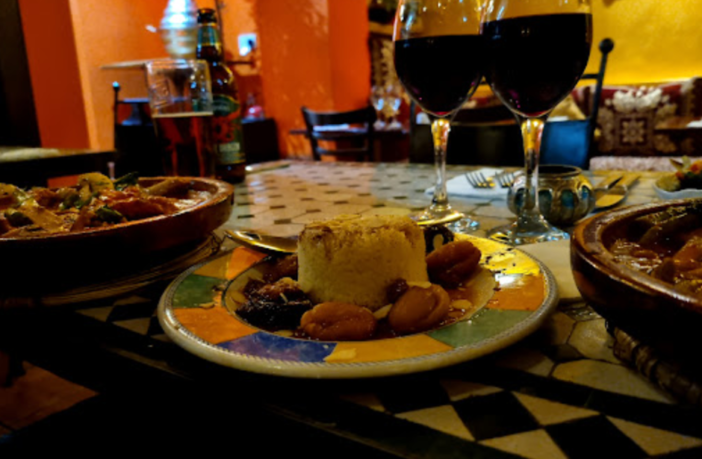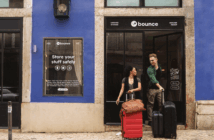Launching a new restaurant is no easy feat, but when it comes to opening up in Birmingham, there’s a bit more to think about. Not only is this city already bustling with popular restaurants, cafés, and gastropubs, but its busy corporate nature makes it even more competitive too.
Whether you’re opening your first restaurant or you’re adding another to your family chain, keep reading to refresh your memory on the most important steps in the process.
Opening a restaurant in Birmingham: Things to consider
Location
First and foremost, you’ll need to make sure that your new restaurant will be in a location that not only draws customers in but also allows you to set up correctly. Once you’ve chosen your location, you should register your food business at least 28 days before opening.
Since many of the appliances you’ll be using will consume much more energy than household gadgets, you must be able to fit and install the correct electrical power and industrial cables like these here, in your chosen location.
Food hygiene
Food hygiene is critical! Obtaining a good food hygiene rating is imperative and could be instrumental in making sure that customers are willing to put trust in your establishment. The four main areas for good food hygiene are cleaning, cooking, chilling, and cross-contamination.
Food hygiene ensures that the food you serve is safe to eat, helping to reduce food poisoning. Food business managers must also ensure that any staff required to handle food are appropriately trained in food hygiene. The Food Standards Agency offers free online food safety courses to help you achieve this.
Your food offerings
An incredibly diverse population means you’ll need to cater to a variety of different tastes. Published by the Office for National Statistics, interactive data from the Census 2021 sheds light on the diversity of the city. Where ethnicity is concerned, figures show that:
- At least 31% of people in Birmingham are Asian, Asian British, or Asian,
- 11% are Black, Black British, Black Welsh, Caribbean, or African,
- 4.8% are from mixed or multiple ethnic groups,
- 48.6% are White
With ethnicity comes culture and different types of cuisine, so you may choose to focus on just one type or instead present an array of dishes inspired by more than one country, continent, or type of culinary tradition.
Licensing
Make sure you have the right licenses that enable you to trade as a restaurant. Along with your initial Food Business Registration, these include, but might not be limited to:
- Food Premise Approval
- Premises License if you serve alcohol
- Personal License
- Restaurant insurance – including personal liability insurance
- Events license if you only serve alcohol on special occasions
- Music license if you play copyright protected music
Conclusion
You should never compromise on the legalities involved in opening a restaurant, regardless of where you’re setting up. As soon as you can, register your restaurant officially and try to make sure that your food hygiene standards start and remain high too.





